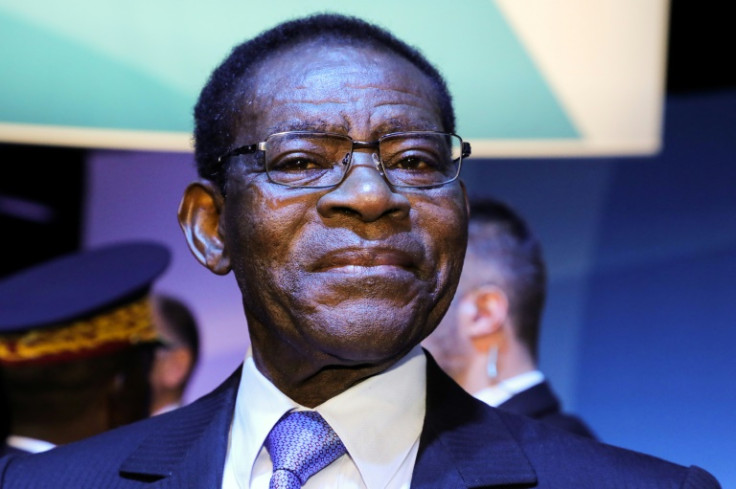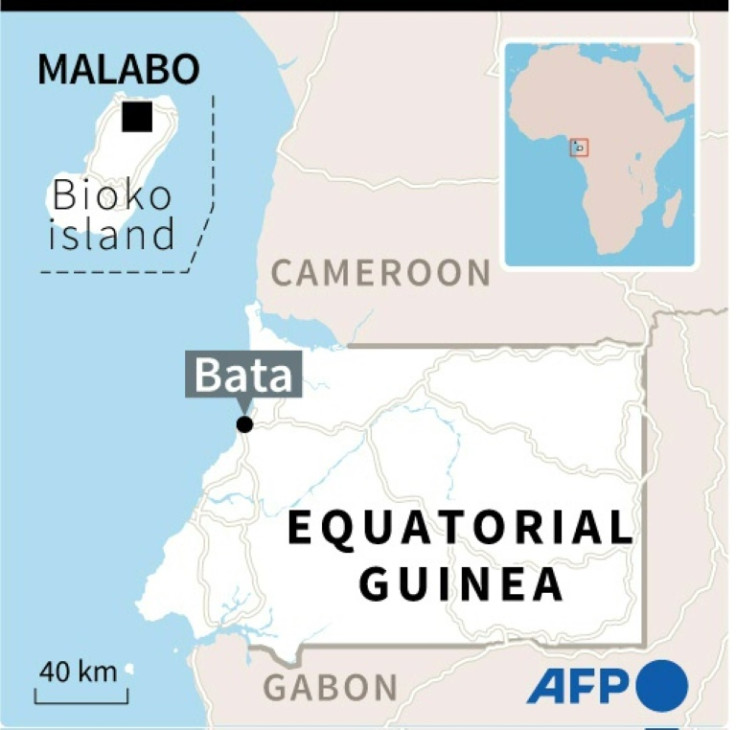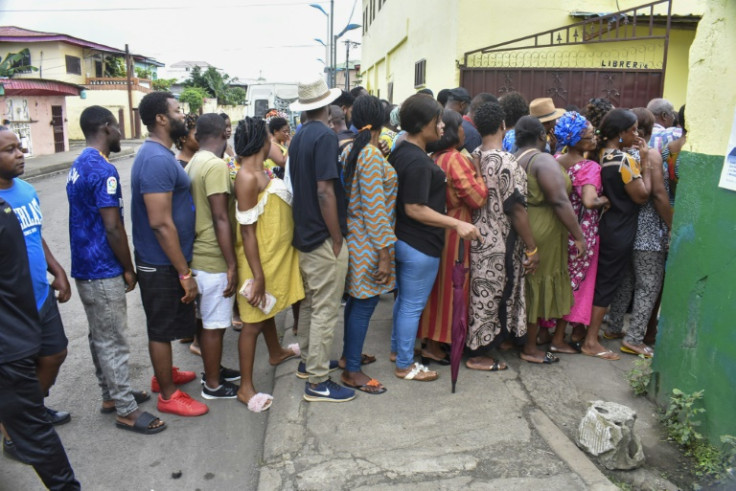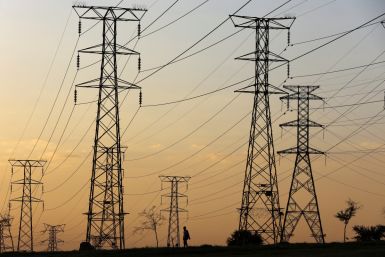Equatorial Guinea Votes With Veteran Ruler Set For Sixth Term

Equatorial Guinea voted on Sunday, with President Teodoro Obiang Nguema Mbasogo all-but certain of winning a record sixth term in a country with next to no opposition.
Obiang, 80, has been in power for more than 43 years -- the longest of any head of state alive today, monarchs excepted.
Voting is obligatory in the small West African country.
"Voting is going well. Everything is normal," fridge repair man Norberto Ondo, 53, told AFP at a polling station in the Semu district of the capital, Malabo.
"I expect this election to bring us prosperity," he said before polls closed early evening and counting began of the votes cast by a 427.661-strong electorate.
First results are not expected until Monday at the earliest.
"We have peace," Jose Serafin Obiang Sima, a nurse in his 30s, told AFP. He said Equatorial Guinea was the only country in the region "where young people prosper".
The re-election of Obiang, who seized power in a coup in 1979, seems virtually assured in one of the most authoritarian and closed states in the world.
Running against him was Andres Esono Ondo -- from the only tolerated opposition party, the Convergence for Social Democracy -- and Buenaventura Monsuy Asumu of the Social Democratic Coalition Party, a historic ally of Obiang's ruling party.
Asumu, an ex-minister is seen by the opposition as a "dummy candidate" without a chance.
Ondo has called the regime a "dictatorship" and predicted "massive fraud" during Sunday's elections for the presidency, the parliament and local councils.
"The government governs solely for the benefit of the Obiang family," he said recently.
The discovery of off-shore oil in the mid-nineties turned Equatorial Guinea into Africa's third richest country in terms of per-capita income.
But the wealth is concentrated in just a few hands and four-fifths of the population of 1.4 million live below the poverty line according to the latest available World Bank figures.
In the run-up to the vote, Malabo was plastered with posters of Obiang and the PDGE, the only legal political movement until 1991. State media all but ignored the other candidates.
The capital was under tight security all day Sunday and streets were deserted except for near polling stations. The authorities banned sales of alcohol and the movement of all but officially accredited vehicles.
Obiang voted in central Malabo around midday. His vehicle was surrounded by heavily armed soldiers, Israeli bodyguards and a personal guard composed of suited members of his own clan.
As in every election year, security forces stepped up arrests. State media justified the crackdown as a bid to counter a "foiled plot" by the opposition to carry out attacks in Malabo and the economic capital, Bata.
In September, security forces stormed the home of one of Obiang's main opponents, Gabriel Nse Obiang Obono.
Four activists and a policeman died, according to the government. Dozens were injured and more than 150 were arrested, including Obono.
Leading rights activist Joaquin Elo Ayeto told AFP the incident "discredited" the electoral process.
"The ruling party needs an 'opposition' to hold sham elections," he said.
Fraud allegations have plagued past polls.
Obiang is regularly re-elected with more than 93 percent of the vote. In 2016, the PDGE won 99 of the 100 seats in the lower house of parliament and all 70 seats in the senate.
Members of the opposition, most of whom are in exile, had urged citizens to spurn the ballot box.
Equatorial Guinea has a reputation for graft, ranking 172 out of 180 nations on Transparency International's 2021 Corruption Perceptions Index.
Obiang's son, the feared and powerful vice-president Teodoro Nguema Obiang Mangue, has been embroiled in scandals abroad over ill-gotten assets.



© Copyright AFP 2024. All rights reserved.



